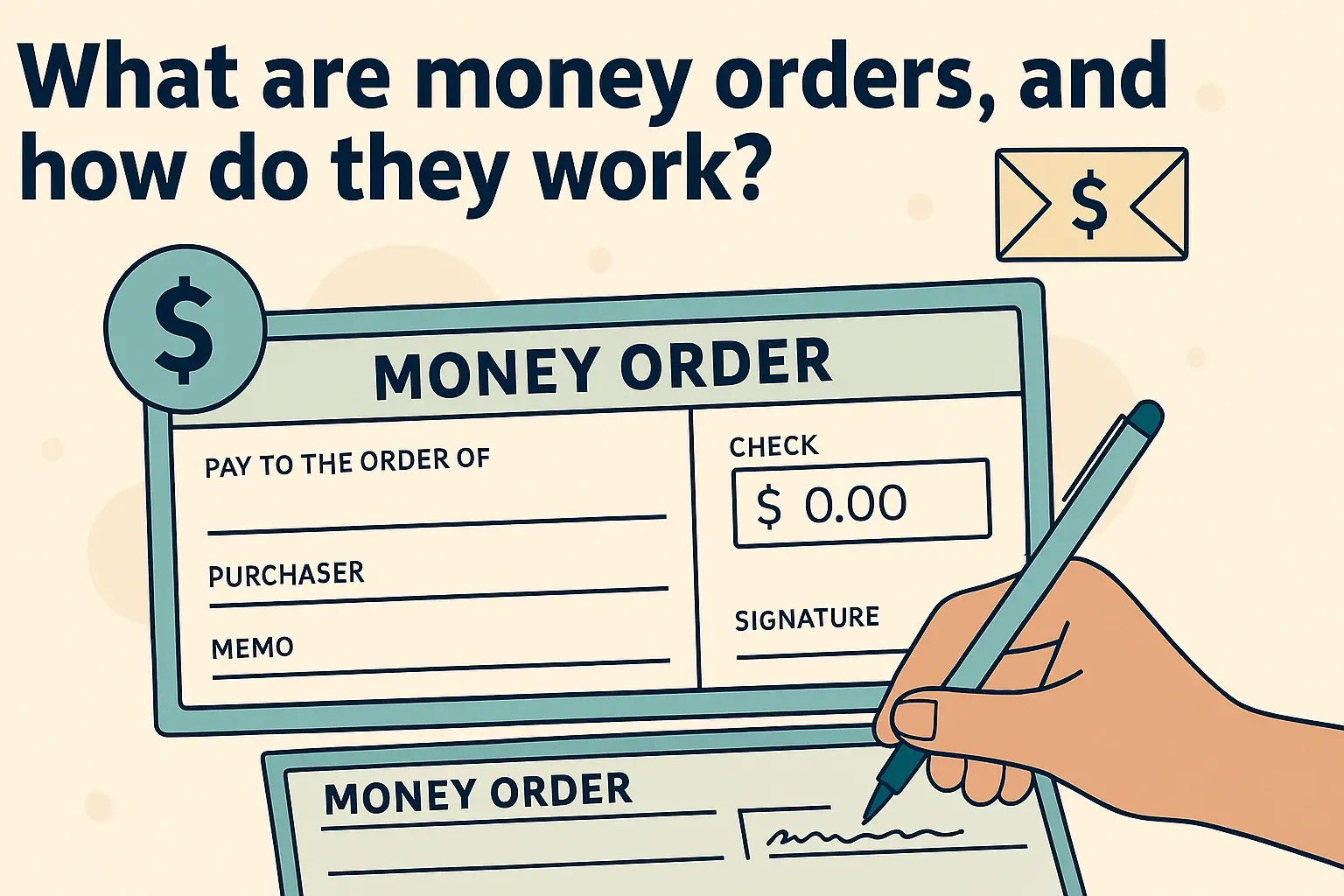-
Posted on: 21 Dec 2022

-
Financial stability is the cornerstone of a secure and fulfilling life. However, many people unknowingly make critical financial mistakes that can have devastating, long-lasting consequences. These missteps can derail your dreams, hinder your ability to retire comfortably, and even lead to significant stress and anxiety. Understanding these potential pitfalls and proactively avoiding them is essential for building a strong financial foundation. This guide will explore six common financial mistakes and provide actionable strategies to ensure you stay on the right track.
1. Living Beyond Your Means: The Debt Trap
One of the most pervasive and destructive financial mistakes is living beyond your means. This involves spending more money than you earn, relying on credit cards or loans to cover the difference. While occasional splurges might seem harmless, consistently spending more than you bring in creates a vicious cycle of debt that can be incredibly difficult to escape.
The Consequences of Overspending
- Accumulating High-Interest Debt: Credit card debt often carries exorbitant interest rates, making it incredibly expensive to pay off. Even small purchases can quickly snowball into significant debt burdens.
- Damaged Credit Score: Missed payments and high credit utilization negatively impact your credit score, making it harder to secure loans, rent an apartment, or even get a job.
- Increased Stress and Anxiety: Constant worry about debt can lead to significant stress, anxiety, and even depression, affecting your overall well-being.
- Delayed Financial Goals: When a significant portion of your income goes towards debt repayment, you'll have less money available for saving, investing, and achieving your long-term financial goals.
How to Avoid Living Beyond Your Means
- Create a Budget: The first step is to understand where your money is going. Track your income and expenses to identify areas where you can cut back. Numerous budgeting apps and spreadsheets can help you with this process.
- Differentiate Between Needs and Wants: Learn to distinguish between essential expenses (needs) and discretionary spending (wants). Prioritize your needs and consciously limit your wants.
- Live Below Your Means: Aim to spend less than you earn. This will allow you to save money, pay down debt, and build a financial cushion for unexpected expenses.
- Avoid Lifestyle Creep: As your income increases, resist the urge to upgrade your lifestyle significantly. Instead, allocate a portion of your extra income towards savings, investments, and debt repayment.
- Use Credit Cards Wisely: Treat credit cards like debit cards – only spend what you can afford to pay off in full each month. Avoid carrying a balance to avoid high-interest charges.
2. Neglecting Emergency Savings: The Unforeseen Storm
Life is unpredictable. Unexpected expenses, such as medical bills, car repairs, or job loss, can arise at any time. Without an emergency fund, you may be forced to rely on credit cards or loans to cover these costs, further exacerbating your financial situation.
Why an Emergency Fund is Crucial
- Provides a Financial Safety Net: An emergency fund acts as a buffer, preventing you from going into debt when unexpected expenses arise.
- Reduces Stress and Anxiety: Knowing you have a financial cushion provides peace of mind and reduces stress associated with unexpected financial challenges.
- Prevents Dipping into Long-Term Investments: Without an emergency fund, you might be tempted to withdraw money from your retirement accounts or other investments to cover unexpected costs, potentially incurring penalties and hindering your long-term financial goals.
- Offers Flexibility During Job Loss: An emergency fund can provide you with financial stability while you search for a new job, allowing you to focus on your job search without the added pressure of immediate financial concerns.
How to Build an Emergency Fund
- Set a Savings Goal: Aim to save 3-6 months' worth of living expenses in a readily accessible savings account.
- Start Small: Begin by setting aside a small amount each month, even if it's just $50 or $100. Gradually increase your savings amount as your income allows.
- Automate Your Savings: Set up automatic transfers from your checking account to your savings account each month. This will ensure that you consistently save money without having to think about it.
- Cut Unnecessary Expenses: Identify areas where you can cut back on spending and allocate those savings towards your emergency fund.
- Use Windfalls Wisely: When you receive a bonus, tax refund, or other unexpected windfall, consider allocating a portion of it towards your emergency fund.
3. Ignoring Retirement Planning: The Future Self Regret
Retirement may seem distant, but it's crucial to start planning early. Ignoring retirement planning can lead to financial insecurity in your later years, forcing you to rely on social security or work longer than you anticipated.
The Importance of Early Retirement Planning
- Compounding Interest: The earlier you start saving, the more time your investments have to grow through the power of compounding interest.
- Sufficient Savings: Starting early allows you to accumulate a larger retirement nest egg, ensuring you have enough money to cover your living expenses throughout your retirement years.
- Reduced Financial Stress: Planning for retirement early reduces stress and anxiety about your future financial security.
- More Options and Flexibility: With sufficient retirement savings, you'll have more flexibility in terms of when and how you retire.
How to Start Retirement Planning
- Determine Your Retirement Needs: Estimate your future living expenses in retirement. Consider factors such as healthcare costs, housing, and leisure activities.
- Take Advantage of Employer-Sponsored Retirement Plans: Contribute to your employer's 401(k) or other retirement plan, especially if they offer matching contributions. This is essentially free money.
- Open an IRA: If you don't have access to an employer-sponsored plan, consider opening a traditional or Roth IRA.
- Consult a Financial Advisor: A financial advisor can help you develop a personalized retirement plan based on your individual circumstances and goals.
- Diversify Your Investments: Diversify your retirement portfolio across different asset classes, such as stocks, bonds, and real estate, to reduce risk.
4. Failing to Invest: Letting Inflation Steal Your Wealth
Saving money is important, but it's not enough. Inflation erodes the purchasing power of your savings over time. Investing your money allows it to grow at a rate that outpaces inflation, preserving and increasing your wealth.
Why Investing is Essential
- Outpaces Inflation: Investments, particularly stocks, have historically outperformed inflation over the long term.
- Generates Passive Income: Certain investments, such as dividend-paying stocks and rental properties, can generate passive income, providing you with a steady stream of cash flow.
- Builds Wealth: Investing allows you to grow your wealth over time, helping you achieve your financial goals, such as retirement, buying a home, or funding your children's education.
- Financial Security: A well-diversified investment portfolio provides financial security and reduces reliance on earned income.
How to Start Investing
- Educate Yourself: Learn about different investment options, such as stocks, bonds, mutual funds, and ETFs.
- Start Small: You don't need a lot of money to start investing. Many brokerages allow you to invest with as little as a few dollars.
- Choose the Right Investment Account: Consider opening a brokerage account, Roth IRA, or other investment account that aligns with your financial goals.
- Diversify Your Portfolio: Spread your investments across different asset classes and industries to reduce risk.
- Invest for the Long Term: Avoid making impulsive investment decisions based on short-term market fluctuations. Focus on your long-term goals and stay the course.
5. Ignoring Insurance Needs: Risking Financial Devastation
Insurance is a crucial component of financial planning. It protects you from financial losses due to unexpected events, such as accidents, illnesses, or property damage. Ignoring your insurance needs can leave you vulnerable to significant financial setbacks.
The Importance of Adequate Insurance Coverage
- Protects Against Financial Loss: Insurance can cover the costs of medical bills, car repairs, property damage, and other unexpected expenses.
- Provides Peace of Mind: Knowing you have adequate insurance coverage reduces stress and anxiety associated with potential risks.
- Safeguards Your Assets: Insurance protects your assets from being depleted by unexpected expenses.
- Meets Legal Requirements: Certain types of insurance, such as car insurance, are legally required.
Types of Insurance to Consider
- Health Insurance: Covers medical expenses due to illness or injury.
- Auto Insurance: Covers damages and injuries resulting from car accidents.
- Homeowners/Renters Insurance: Protects your home and belongings from damage or theft.
- Life Insurance: Provides financial support to your beneficiaries in the event of your death.
- Disability Insurance: Provides income replacement if you become disabled and unable to work.
How to Determine Your Insurance Needs
- Assess Your Risks: Identify the potential risks you face, such as illness, accidents, or property damage.
- Determine Your Coverage Needs: Estimate the amount of coverage you need to adequately protect yourself from financial losses.
- Shop Around for Quotes: Compare quotes from different insurance companies to find the best coverage at the most affordable price.
- Review Your Coverage Regularly: Review your insurance policies annually to ensure they still meet your needs.
6. Lack of Financial Literacy: Navigating the Unknown Blindly
Financial literacy is the foundation of sound financial decision-making. Without a basic understanding of financial concepts, such as budgeting, saving, investing, and debt management, you're more likely to make poor financial choices that can have negative consequences.
Why Financial Literacy Matters
- Empowers Informed Decisions: Financial literacy empowers you to make informed decisions about your money.
- Improves Financial Well-being: Increased financial literacy leads to improved financial well-being, including higher savings rates, lower debt levels, and greater financial security.
- Reduces Financial Stress: Understanding financial concepts reduces stress and anxiety associated with managing your money.
- Promotes Long-Term Financial Success: Financial literacy sets you up for long-term financial success by enabling you to make informed decisions about saving, investing, and debt management.
How to Improve Your Financial Literacy
- Read Books and Articles: There are countless books and articles available on personal finance topics.
- Take Online Courses: Many online platforms offer courses on financial literacy, budgeting, investing, and other related topics.
- Attend Workshops and Seminars: Attend workshops and seminars on personal finance offered by community organizations, financial institutions, or employers.
- Consult a Financial Advisor: A financial advisor can provide personalized guidance and education on financial planning topics.
- Follow Reputable Financial Websites and Blogs: Stay informed about current financial trends and strategies by following reputable financial websites and blogs.










